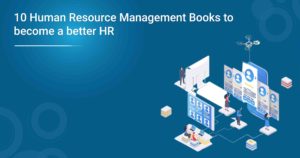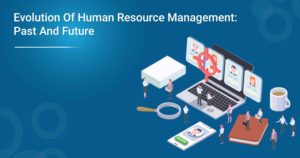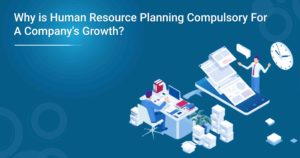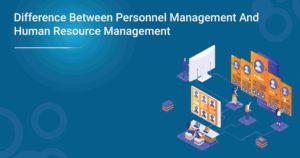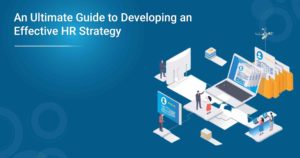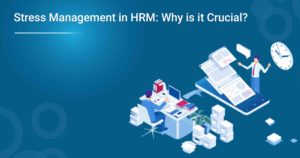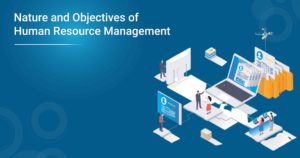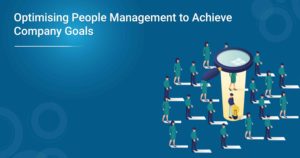The human resources profession is constantly evolving. As the workforce changes and grows, so do the challenges faced by those in HR. One of the biggest challenges in HR is how to keep up with the ever-changing landscape. With new technology and regulations being introduced, it can be challenging to stay on top of everything.
As the economy improves, more and more employees are leaving their jobs in search of better opportunities. It can be a real headache for HR departments, as they must constantly recruit and train new employees. Keeping everyone happy with so many different personalities and opinions can be hard. Fortunately, there are ways to overcome these challenges in HR. By staying up-to-date on industry changes, being proactive in recruiting and training new employees, and having a plan for dealing with conflict, HR professionals can overcome any challenge that sprouts up.
Let’s check out some of the best ways to dodge challenges effectively.
Streamlining Onboarding Process
The first and foremost step in streamlining the onboarding process is to create a plan that covers all the essential elements of orientation, training, and development. The plan should welcome new employees and help them feel comfortable in their new roles. It should also provide the information and resources they need to be successful in their jobs.
Once you have a plan in place, you can start implementing it by developing clear policies and procedures. You should also create an onboarding checklist to ensure that all the necessary steps are taken during the process. Additionally, you should provide new employees with a contact list of people they can connect with for support.
Finally, you should evaluate your onboarding process regularly to ensure that it meets your organisation’s and your employee’s needs. By taking these steps, you can streamline your onboarding process and make it more efficient and effective.
Also Read: What is Strategic Human Resource Management? Definition and Examples
Attracting Skilled Talents
Skilled talents are the lifeblood of any organisation. Without them, it would be impossible to maintain a competitive edge or even keep up with the Joneses. That’s why attracting skilled talents is one of the essential functions of human resources professionals.
There are several ways to attract skilled talents. The most obvious is through advertisements and job postings. However, it is just the tip of the iceberg. Human resources professionals should also be active on social media, networking at industry events, and partnering with colleges and universities.
The key is ensuring your organisation is top of mind for talented individuals. The ideal way to find and retain the most qualified individuals is to partner with a staffing agency that specialises in finding top talent. By concerted efforts to attract skilled talents, you’ll be positioning your organisation for success now and in the future.
Lack of the right talents is one of the biggest challenges in HR that can take a toll on a company’s success. Hence, you must make all the efforts to ensure that you have the most talented workforce.
Creating A Positive Workplace Culture
Positive workplace culture is important for the success of any business. It’s what attracts and retains top talent, promotes collaboration, and drives innovation. But creating a positive workplace culture isn’t always easy Here are some tips for overcoming the challenges:
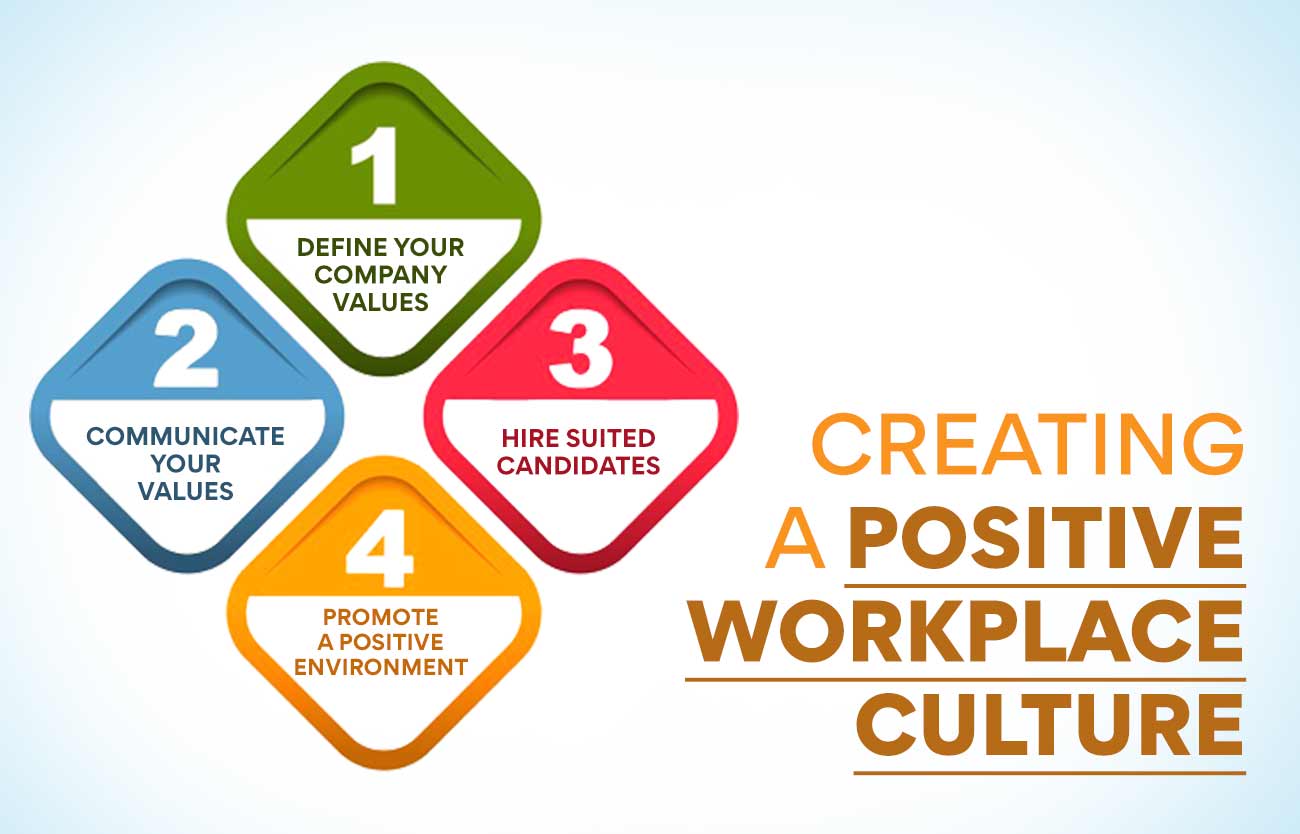
Define your company values
Your company values should be the foundation of your workplace culture. They should guide everything from how you treat your employees to how you do business. If you don’t have clearly defined values, it’s time to sit down and create them.
Communicate your values
Once you have defined your values, it’s important to communicate them to everyone in the organisation – from the top down. Employees should know what the company stands for and how it can contribute to its success.
Hire Suited Candidates
When recruiting new employees, ensure they’re a good fit for your company culture. Ask questions about their values and how they would contribute to your workplace culture during the interview process.
Promote a positive environment
Encourage employees to act by your company values by promoting a positive environment. It includes showing appreciation for good work, providing opportunities for personal and professional development, and fostering open communication.
Get an In-House Legal Team
In-house legal teams are an essential part of the HR profession. They help ensure that HR professionals are up to date on the latest laws and regulations, and they can provide advice and guidance on various HR-related issues.
However, there are a few challenges that HR professionals may face when working with exterior legal teams. First, building trust and rapport with team members can be challenging. This is because HR professionals often have to deal with sensitive information and may not have the same level of experience or knowledge as the legal team in-house.
Second, third-party legal teams can be complex and challenging to manage. It is because they often consist of multiple members with different areas of expertise. As such, it is essential for HR professionals to have a good understanding of the team’s structure and how each member fits into it.
Third, third-party legal teams may be reluctant to advise on specific issues. This is because they may not want to get involved in potential litigation or other legal problems. However, HR professionals need to remember that the legal team’s primary goal is to protect the company from legal liability. Therefore, if an issue could potentially lead to litigation, the legal team should be consulted.
Benefits of Having an In-House Legal Team:
There are several benefits of having an in-house legal team, including:
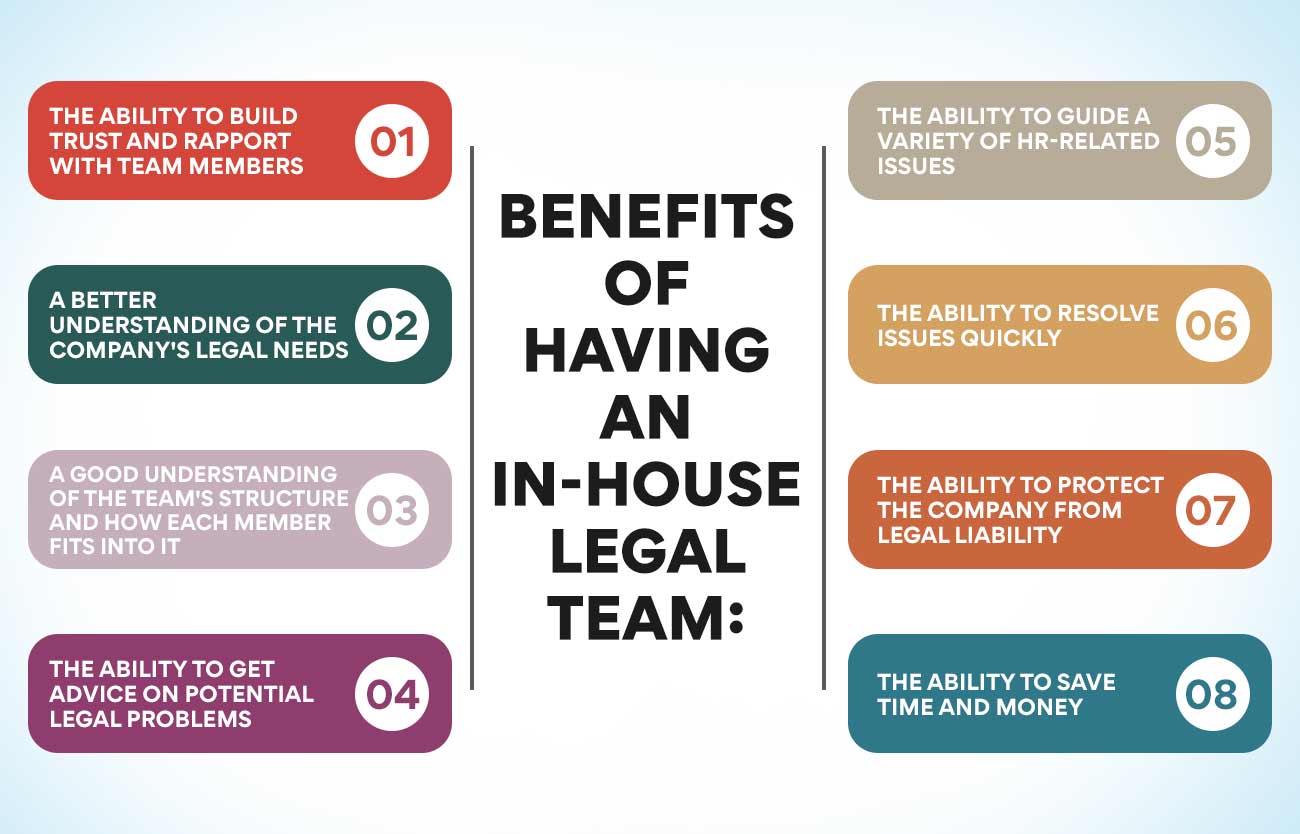
The ability to build trust and rapport with team members: Only in-house legal team members will have access to the company’s confidential information. It will allow HR professionals to build trust and rapport with members of the team.
A better understanding of the company’s legal needs: In-house legal teams are familiar with the company’s business, and it’s legal needs. This will allow HR professionals to better understand the types of issues that may arise and how to best resolve them.
A good understanding of the team’s structure and how each member fits into it: In-house legal teams are typically small and have a clear structure. This will allow HR professionals to understand how each member of the team fits into the company’s overall legal strategy.
The ability to get advice on potential legal problems: In-house legal teams are usually willing to advise on potential legal issues. It is because their primary goal is to protect the company from legal liability. Therefore, if a problem could potentially lead to litigation, the legal team should be consulted.
The ability to guide a variety of HR-related issues: In-house legal teams are familiar with the latest laws and regulations. They can show a variety of HR-related issues, such as recruiting, performance management, and employee relations.
The ability to resolve issues quickly: In-house legal teams are typically small and have a clear structure. This allows them to resolve problems rapidly.
The ability to protect the company from legal liability: In-house legal teams are familiar with the company’s business and it’s legal needs. It allows them to identify potential legal problems and take steps to protect the company from liability.
The ability to save time and money: In-house legal teams can save the company time and money by handling HR-related issues internally. It eliminates the need to hire outside counsel or litigate court issues.
Overall, having an in-house legal team can be an excellent asset for HR professionals. However, it is essential to remember that some challenges come with such a team. By keeping these challenges in mind, HR professionals can be better prepared to work with their in-house legal team and take advantage of its many benefits.
Also Read: Breaking Down The Scope Of Human Resource Management
Bring Leadership Development
Leadership development is an indispensable part of the HR profession. It helps to ensure that employees have the skills and knowledge they need to be successful in their roles, and it can also help to improve morale and motivation.
However, there are a few challenges that HR professionals may face when trying to develop leaders within the organisation. First, it can be challenging to identify potential leaders. It happens because not all employees will have the same leadership potential. As such, HR professionals need to be able to assess each employee’s strengths and weaknesses to identify those with the most significant potential.
Second, leadership development can be time-consuming and expensive. This is because HR professionals must provide employee training and development opportunities. In addition, leadership development may also require the use of external consultants or experts.
Third, leadership development may not be a priority for some organisations. Other HR initiatives may be considered more important, such as recruiting or employee retention. However, HR professionals must remember that leadership development is essential for the organisation’s long-term success.
Leadership is the essence of an organisation. It’s the ability to set a vision and rally people around it. It’s also the ability to make tough decisions, even unpopular ones. As an HR professional, you can support leadership development through various initiatives, such as training programs, mentorship opportunities, and succession planning.
Establish Workplace Safety
Workplace safety is one of the concerning challenges in HR that has been on a constant gradient in recent years. With an ever-growing number of workplace accidents and injuries, it’s clear that something needs to be done to improve workplace safety.
There are several ways that HR professionals can establish workplace safety. First, they can develop and implement policies and procedures that will help to prevent accidents and injuries from occurring.
Second, HR professionals can provide training to employees on how to perform their jobs safely. This training can include topics such as proper lifting techniques, machine safety, and hazard prevention.
Third, HR professionals can conduct regular safety audits of the workplace. These audits can help to identify potential hazards and take steps to mitigate them.
Fourth, HR professionals can create a safety committee. This committee can be responsible for developing and implementing safety policies, conducting safety audits, and providing training to employees.
Finally, HR professionals can encourage employees to report their safety concerns. By taking these steps, HR professionals can help to create a safe and healthy workplace for all employees.
Promote Diversity and Inclusion
Diversity and inclusion are two of the most critical challenges in HR. This is because the workforce is becoming increasingly diverse, and organisations need to reflect that in their workforce. One of the best approaches to overcome these challenges is to promote diversity and inclusion in the workplace. This can be done by ensuring a diverse range of employees at all levels of the organisation and by ensuring that everyone is treated fairly and equally. The best approach to take will vary from organisation to organisation, but the important thing is to ensure that these challenges are addressed.
With diversity and inclusion come new challenges in HR, such as unconscious bias. This is when people make decisions based on their own biases rather than on the merits of the situation. This can be a difficult challenge to overcome, but it is essential to know your own biases and make sure that they are not affecting your decisions.
The Bottom Line
With great challenges to go around in HR, you mustn’t get bogged down. Try to focus on the challenges that you are most passionate about and that you feel you can have the most significant impact on And remember, challenges are there to be overcome – so don’t be afraid to take them on!
We have a brilliant course for you if you need assistance in kickstarting or fine-tuning your HR skills. Post Graduate Certificate in Human Resource Management is the best way to do so. It’s an online course that arms you with the necessary skills and challenges you to think out of the box.
The challenges in HR can be many, but you will overcome them with the proper skill set. Check out our courses today.
More Information:
Key Objectives of Human Resource Management
Role Of Human Resource Management in an Organization







